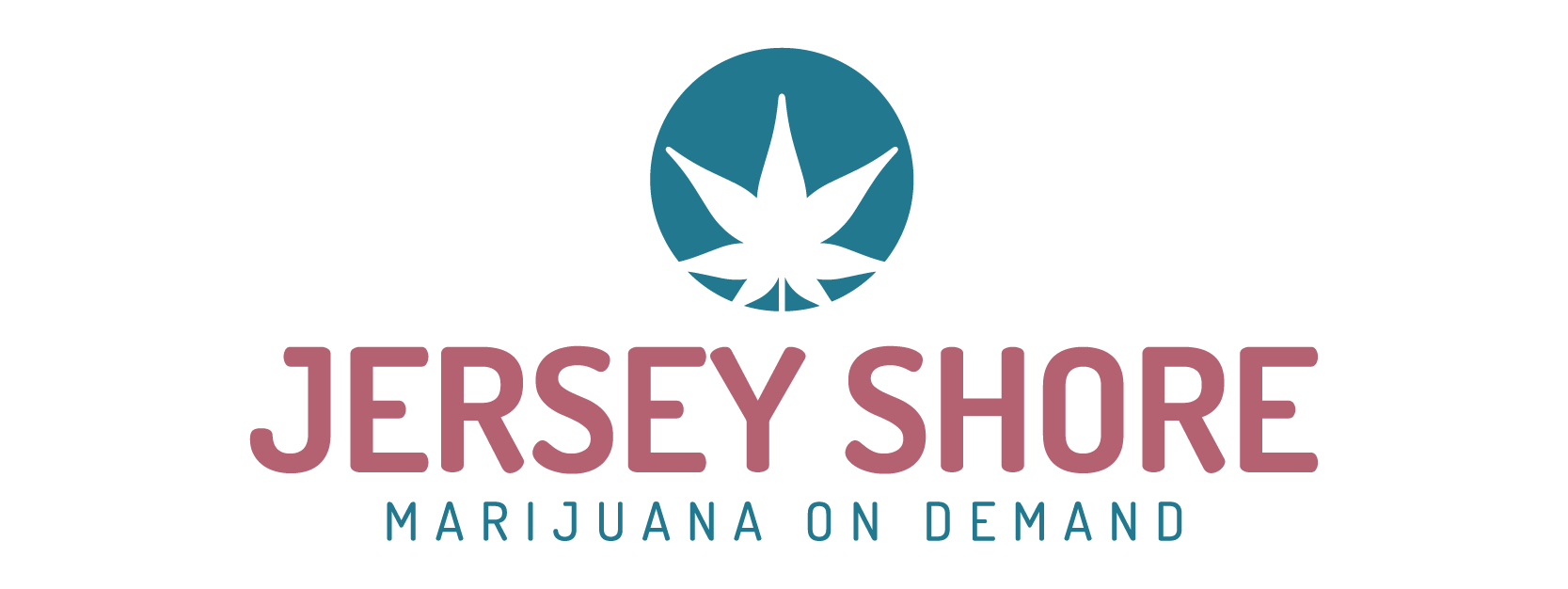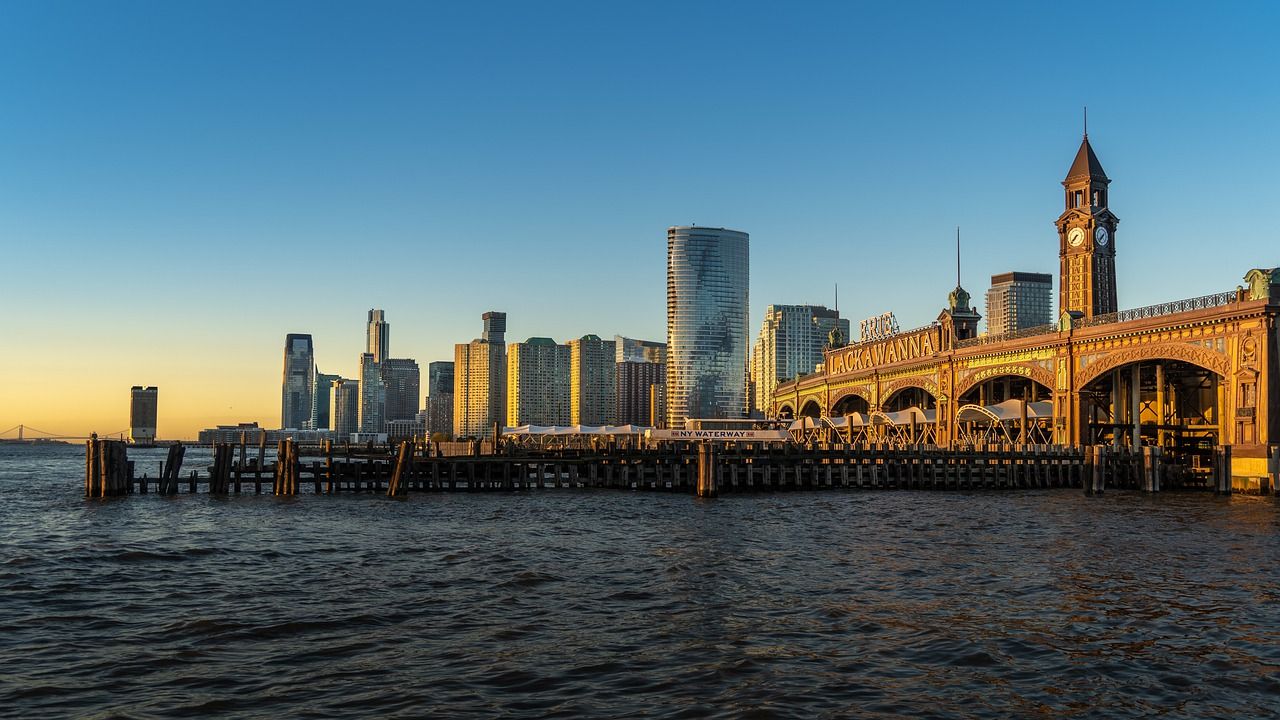On the Jersey Shore, the boardwalks bustle not just with saltwater taffy and arcade games but also with brightly labeled CBD and hemp-derived products. These oils, gummies, creams, and beverages are legally sold in beachside shops and convenience stores—and their presence is no accident. Thanks to the 2018 federal Farm Bill, hemp-derived products containing less than 0.3% THC were removed from the controlled substances list, allowing widespread retail sale. New Jersey followed suit with the New Jersey Hemp Farming Act in 2019, officially aligning the state with federal standards.
However, the landscape for hemp-derived products has shifted. In late 2024, Governor Phil Murphy signed a new law that further regulates these goods. The updated policy restricts the sale of any product with detectable THC to adults 21 and older. Additionally, it requires businesses to obtain a license through the state’s Cannabis Regulatory Commission (CRC) if they intend to manufacture, distribute, or sell certain hemp products. These new rules aim to increase oversight, ensure consumer safety, and prevent unregulated THC consumption by minors.
While many boardwalk products remain legally available, they differ substantially from cannabis products found in New Jersey’s licensed dispensaries.
Quality Control and Regulation
State-licensed dispensaries operate under stringent CRC regulations. Products sold in these locations are tested for potency, purity, and safety. Every batch must meet strict requirements and include a Certificate of Analysis (COA) from a licensed lab. This ensures consumers know exactly what they’re purchasing, from THC content to potential contaminants.
In contrast, CBD and hemp-derived products sold on the boardwalk or in gas stations are often regulated by the New Jersey Department of Agriculture. Although they must meet the federal 0.3% THC limit, there is generally less consistency in product testing and labeling. This gap in oversight means that some over-the-counter CBD products may vary in quality, strength, and purity—despite being legal.
THC Content and Effects
One of the biggest distinctions between boardwalk products and dispensary items is THC content. CBD products sold outside dispensaries are derived from hemp and contain minimal THC—less than 0.3%—so they do not produce a psychoactive “high.” Dispensary products, on the other hand, can contain much higher THC levels and are often formulated for specific effects, whether therapeutic or recreational.
Accessibility and Age Restrictions
Following the 2024 legislation, only adults 21 and older may purchase hemp products with any THC content. While dispensaries are required to strictly enforce age verification, enforcement in non-dispensary retail environments can vary. This discrepancy has raised concerns about potential access by underage consumers.
In Summary
The legal sale of CBD and hemp-derived products along the Jersey Shore is rooted in evolving federal and state laws. But with new restrictions and licensing requirements in place, consumers should remain informed. Understanding the differences between boardwalk products and those sold in licensed dispensaries—especially in terms of regulation, safety, and THC content—can help ensure a safe and informed purchase.
Read More: Legalization’s Mixed Impact: Illegal Cannabis Sales Persist in Jersey Shore

